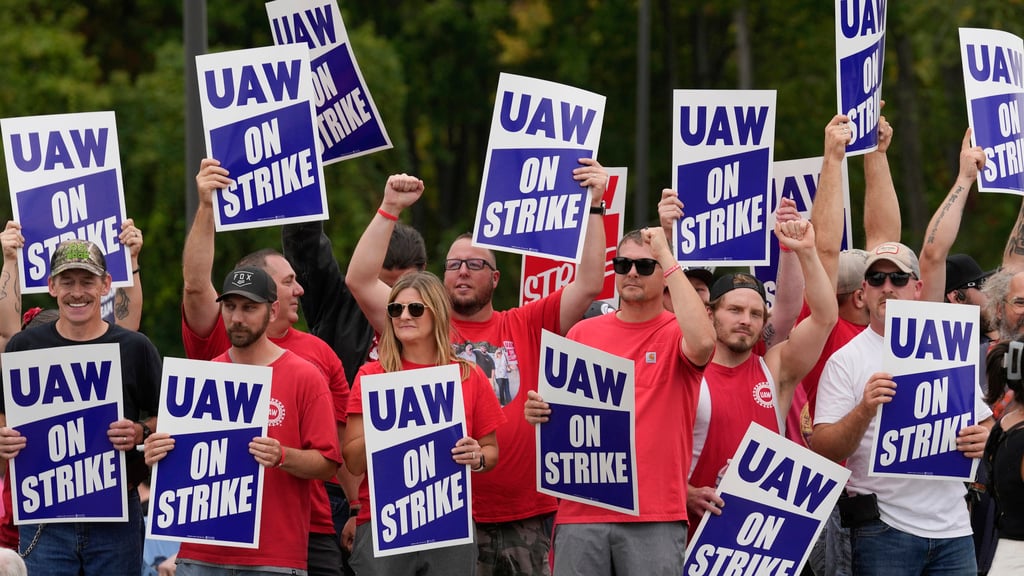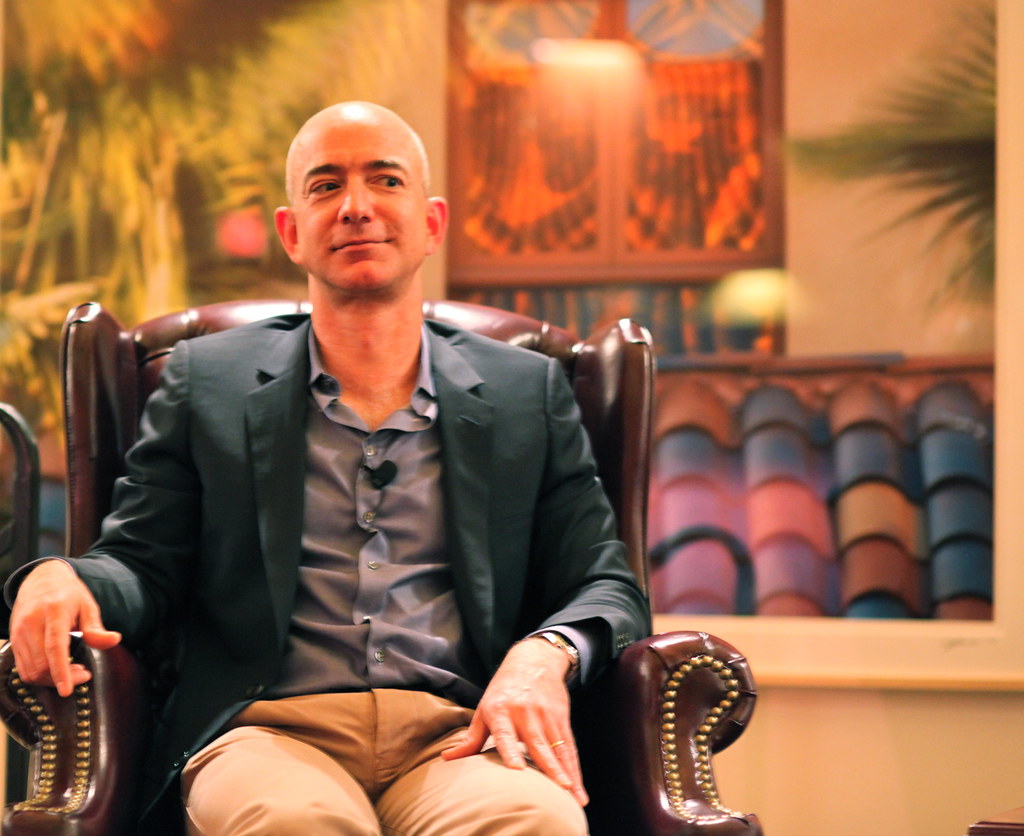In the ever-evolving saga of media and free speech, a new chapter unfolds with the abrupt cancellation of journalist Don Lemon’s show by X’s owner, Elon Musk. The incident casts a spotlight on the complexities of media partnerships and the delicate balance between business decisions and the proclaimed advocacy for unfettered speech.
Elon Musk, who has positioned himself as a ‘free speech absolutist,’ made headlines when he terminated ‘The Don Lemon Show’ on his social media network X, formerly known as Twitter. This move came as a surprise, especially since Musk had previously expressed his ‘full support’ for Lemon’s venture.
The story took a twist when Semafor reported that despite the absence of a signed contract, X CEO Linda Yaccarino had been selling ads for the show as early as January at CES. This revelation raises questions about the internal processes at X and the commitments made to advertisers.

Musk’s decision to cancel the show followed an interview with Lemon that, according to the journalist, covered a wide range of topics ‘from SpaceX to the presidential election.’ Lemon described the interview as ‘respectful and wide ranging,’ though he admitted it was ‘tense at times.’ Silicon Valley chronicler Kara Swisher suggested that Musk was displeased with the interview’s direction, particularly questions regarding his alleged drug use.
The cancellation has sparked debate over Musk’s motivations and the implications for X’s content strategy. Musk’s vague explanation via tweet criticized Lemon’s approach as akin to ‘CNN, but on social media,’ and dismissed it for lacking authenticity. This rationale, however, has not quelled the controversy.
Lemon’s response to the cancellation was to assert his intention to air the interview with Musk on YouTube and via podcast, reinforcing his commitment to sharing their conversation. His spokesperson, Allison Gollust, stated that Lemon ‘expects to be paid for it’ and is prepared to take legal action if necessary.
The situation is further complicated by the fact that Lemon had not formally signed a contract with X. However, legal experts note that a binding agreement does not always require a signature if a mutual understanding is evident. Lemon’s team believes that such an understanding was in place, supported by Musk’s own communications and public announcements about the partnership.
Musk’s actions have reignited discussions about his stance on free speech and his handling of X. While he has invited diverse voices to join the platform, his recent behavior suggests a selective application of the free speech principle. Musk has faced criticism for suspending journalists and pursuing legal action against detractors, which contrasts with his advocacy for a ‘global town square where all questions can be asked and all ideas can be shared.’
The fallout from the cancellation of ‘The Don Lemon Show’ is a reminder of the complexities inherent in media enterprises and the challenges faced by those navigating the intersection of business, free speech, and authenticity. As the dust settles, the industry and its observers will be watching closely to see how this episode influences the future of content and partnerships on X and beyond.
Related posts:
Twitter’s CEO Had Already Been Selling Ads for the Don Lemon Show That Elon Musk Suddenly Canceled
Musk abruptly cancels Don Lemon’s X show after interview
Don Lemon says Elon Musk canceled his deal with X after ‘tense’ interview





